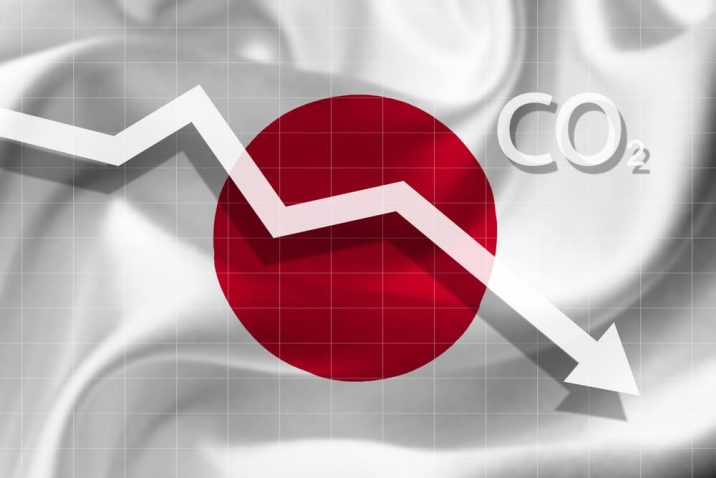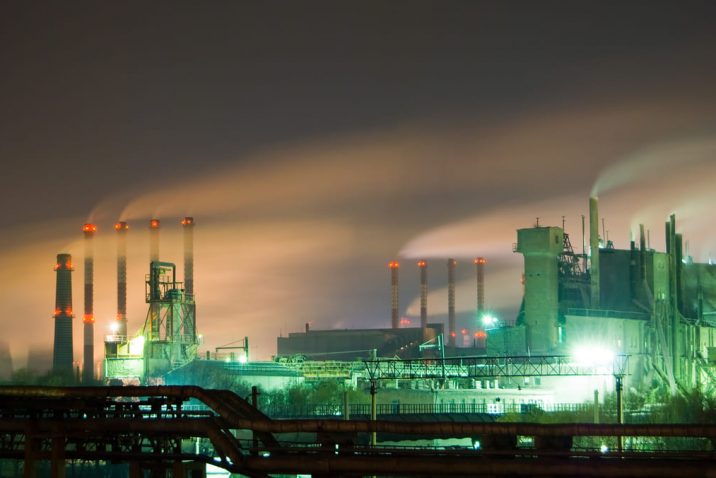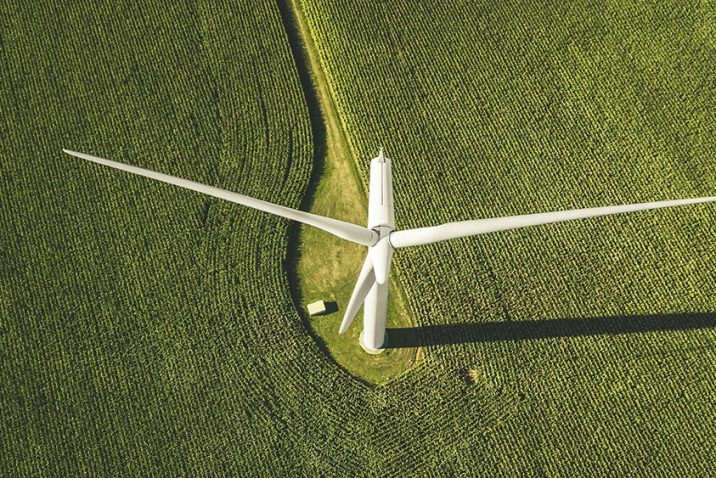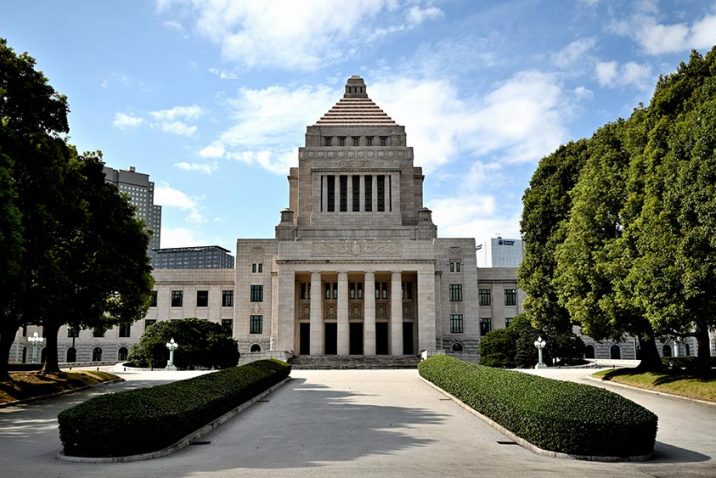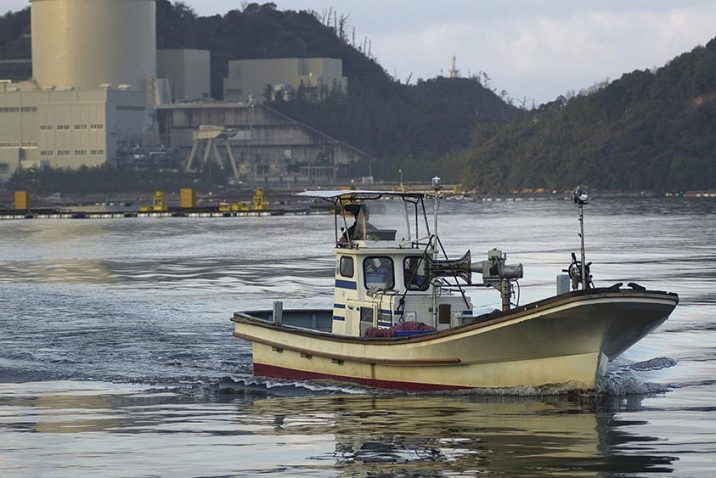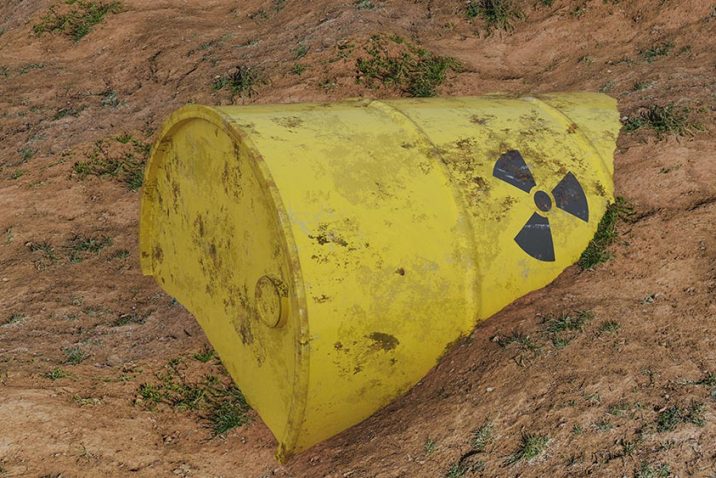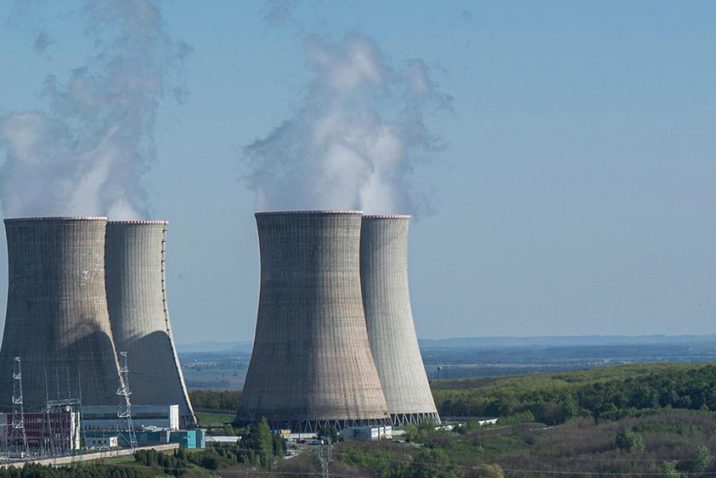As climate change worsens and we continue to feel its impact, it is crucial to build a proper roadmap to combat the crisis. Global warming has gotten more attention, with countries worldwide making their own plans to deal with it. Japan is no...
Avoiding the worst effects of climate change means Japan and other countries must transition away from fossil fuels to alternative energy sources. There has been a bigger push for green energy such as wind and solar. However, there are also...
After Fukushima’s nuclear meltdown in 2011, Germany made the decision to shut down all 17 of its reactors by 2022. The country aims to free itself from the risks of nuclear accidents that could linger for an indeterminate period of time...
Before the Fukushima nuclear accident in 2011, 11% of Japan’s energy was supplied by nuclear power, while fossil fuels supplied 80%. Nuclear power lost most of its share after the nuclear accident, and consequently, dependence on fossil fuels...
Safety concerns are the main factor of the public image of nuclear power. This is not only limited to its underdeveloped waste management system but also traumatic nuclear accidents in the past. Nuclear waste can stay active for hundreds of...
Nuclear waste refers to the byproducts of nuclear reactors. One of the biggest challenges of a nuclear power plant is how to manage this spent fuel after the power has been generated. Spent nuclear fuel is dangerously radioactive and has the...
Aside from its safety and waste concerns, nuclear power is considered one of the most viable options for sustainable energy solutions. This owes to its clean, efficient production of power. Nuclear power is often praised for its ability to generate...


